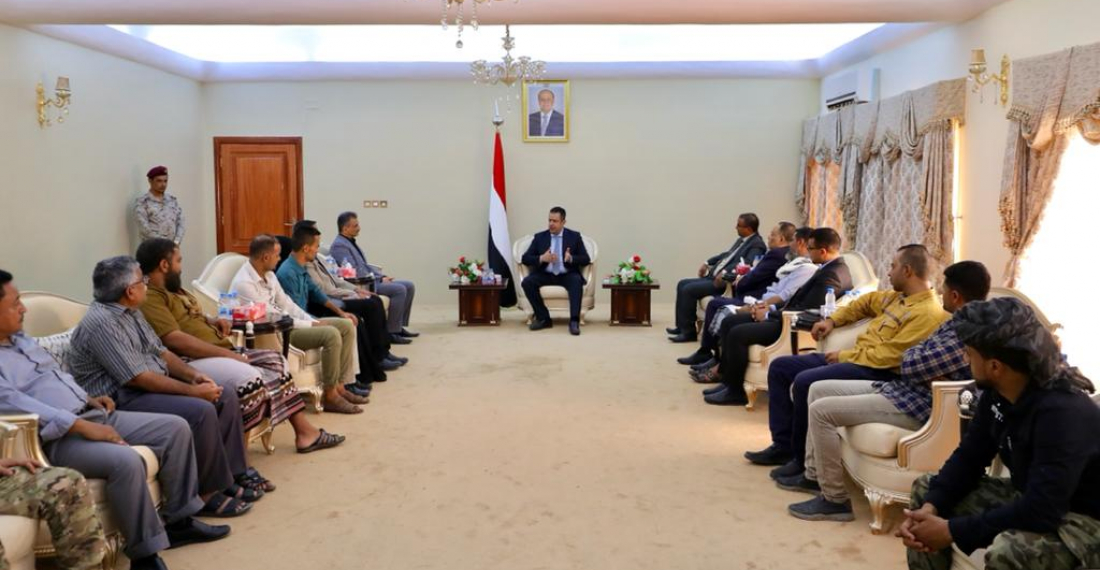The Yemeni government reiterated its support for the peace process led by the UN Envoy, Martin Griffiths, on the basis of the three references. It is reported that Griffiths plans to kick off a series of meetings to revive comprehensive political talks on the draft Joint Declaration.
“The government's vision is based on supporting the task of the UN envoy on the basis of the three references: the GCC Initiative, the outcomes of the National Dialogue Conference and UN Resolution 2216,” Yemeni Foreign Minister Ahmed BinMubarak said Monday during a meeting with European Union Ambassador to Yemen Hanse Grundberg.
According to Saba news agency, BinMubarak and Grundberg discussed humanitarian issues and the Houthi militias’ terrorist attack on Aden Airport last week.
Ambassador Grundberg spoke today with FM @BinmubarakAhmed and wished him success in his new role. Grundberg reiterated EU’s strong condemnation of Aden Airport attack. EU looks forward to active engagement with the new govt to broaden EU work in #Yemen and advance peace efforts. pic.twitter.com/DkLIAfZ5Cm
— EUinYemen (@EUinYemen) January 4, 2021
BinMubarak praised efforts exerted by the UN Envoy to Yemen for solving the country’s crisis and made it clear that the terrorist attack was meant to spread chaos and violence in Yemen.
Grundberg pointed out to the EU statement, which denounced the airport attack that aimed at foiling hopes of peace. He expressed support to the government of Yemen for realizing peace, hoping that the attack will not affect its mission.
Yemeni Prime Minister, Maeen Abdulmalik, said results of preliminary investigations show that Houthis had launched the attack on Aden’s airport while the world was watching live the arrival of the new government.
Abdulmalik’s statements came as he received Monday in the temporary capital Aden families of a number of the persons who were killed in the attack.
"We won't forget the martyrs' blood nor abandon the wounded, we must work jointly to get rid of this calamity, put down the coup and restore the state," the PM said.






